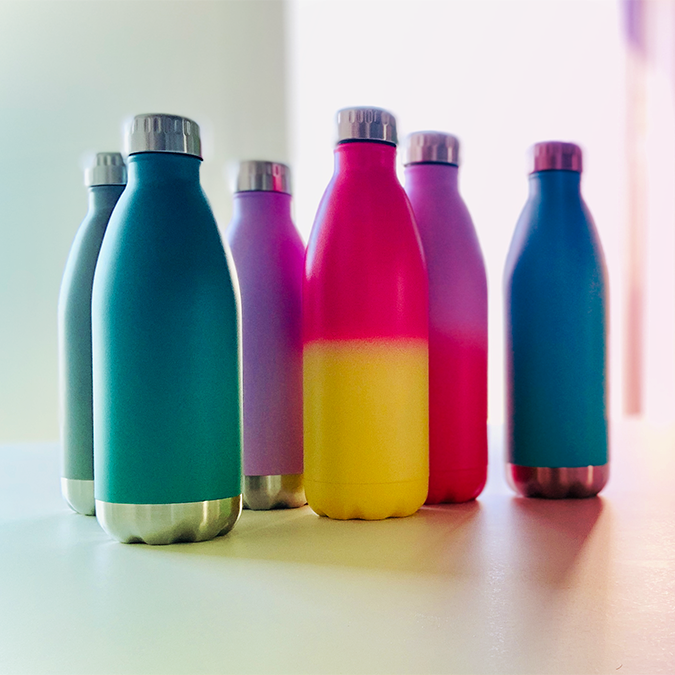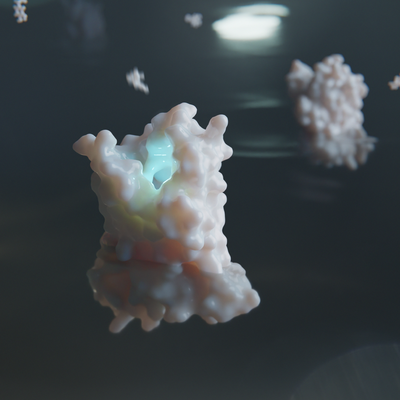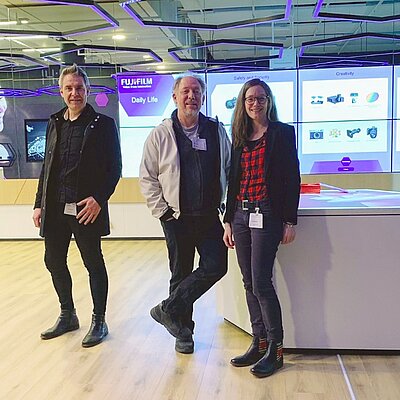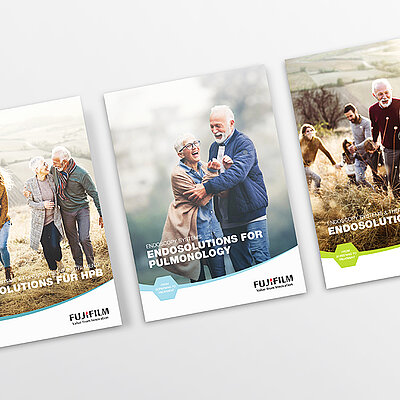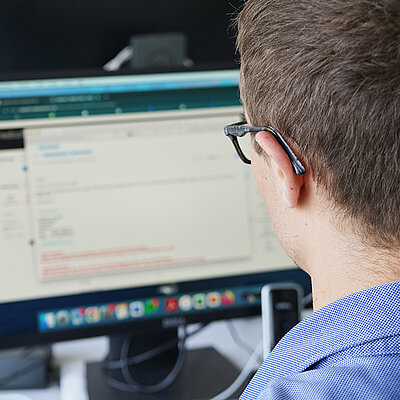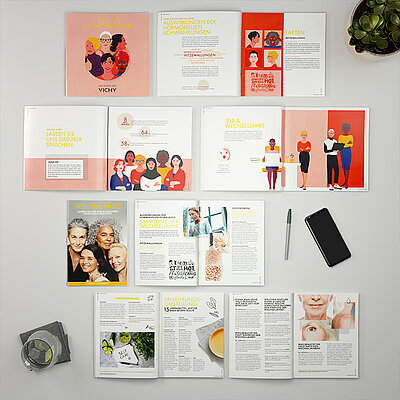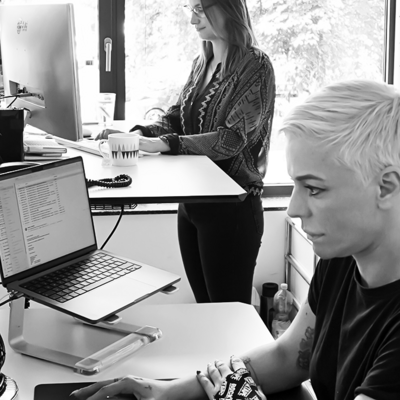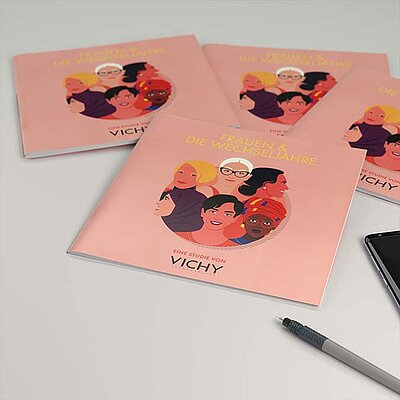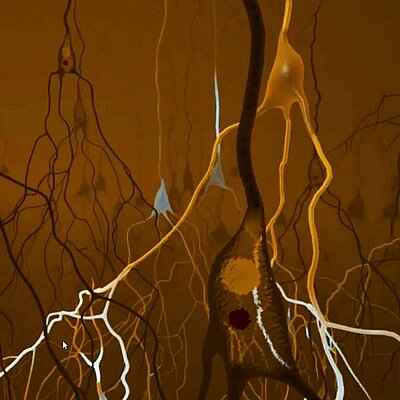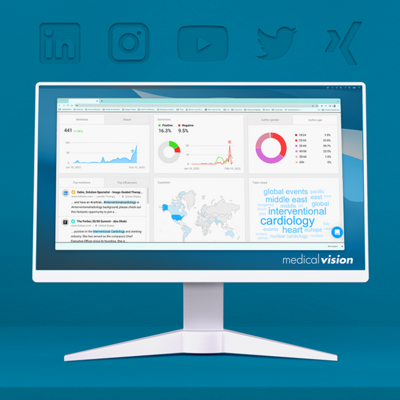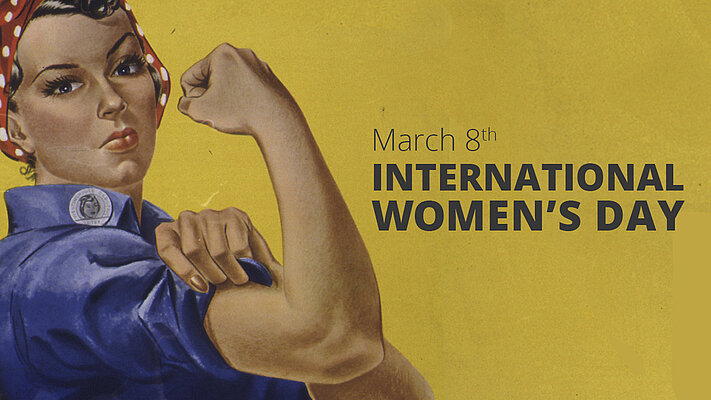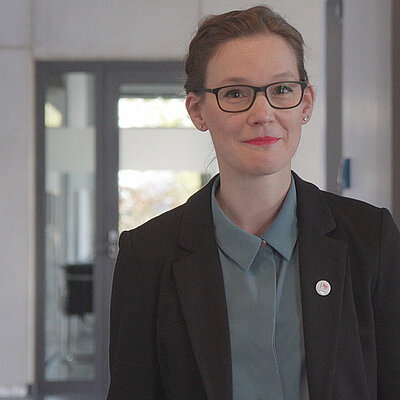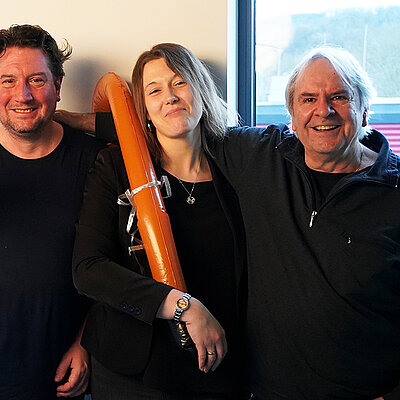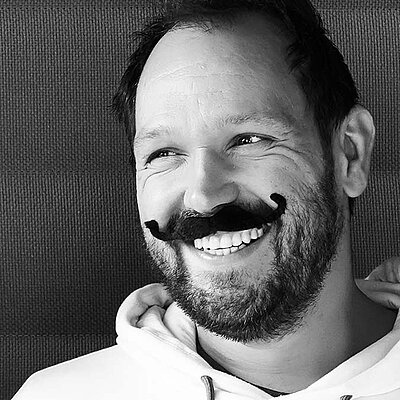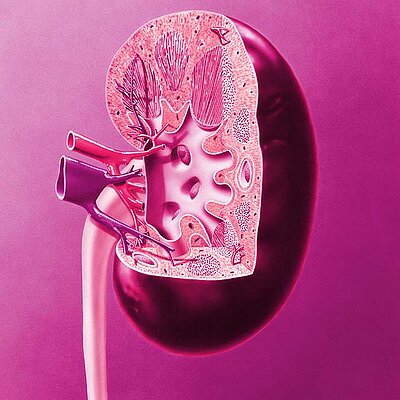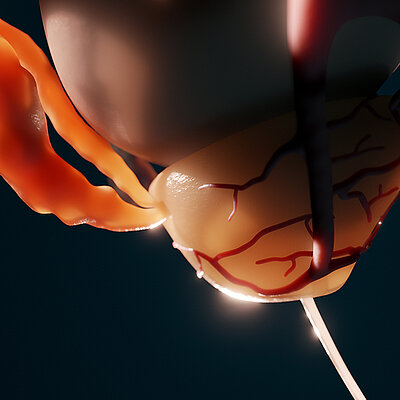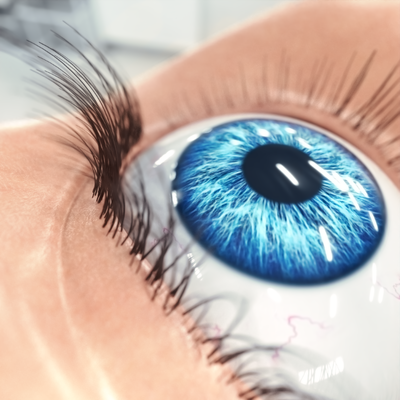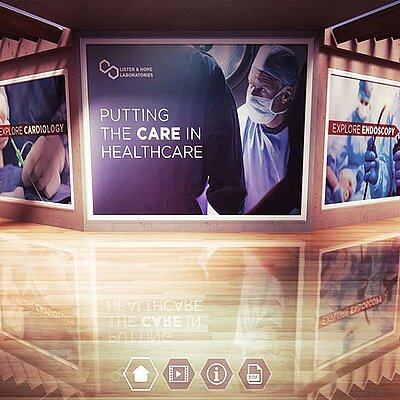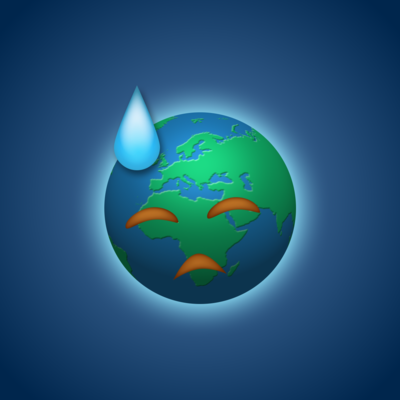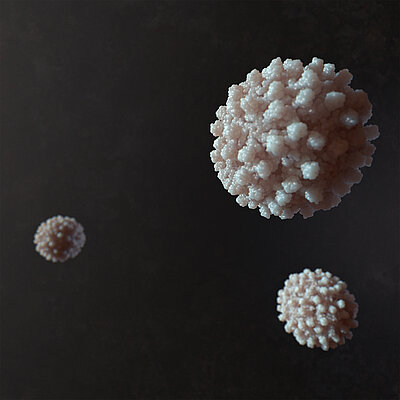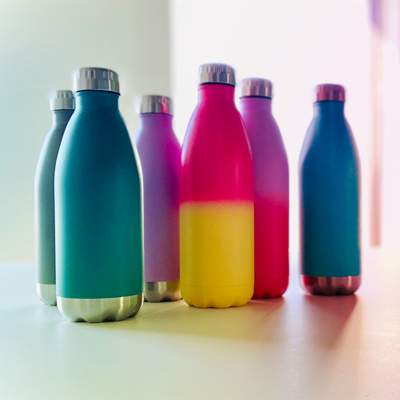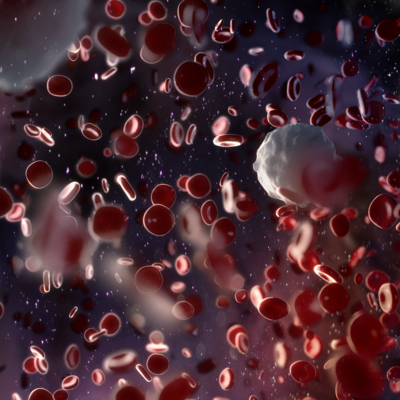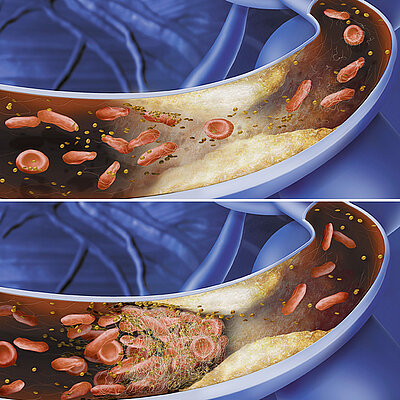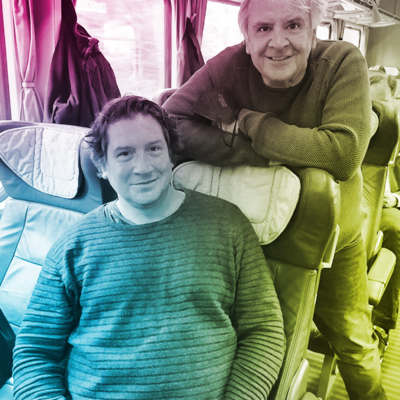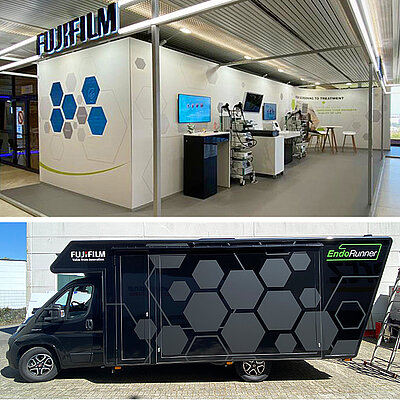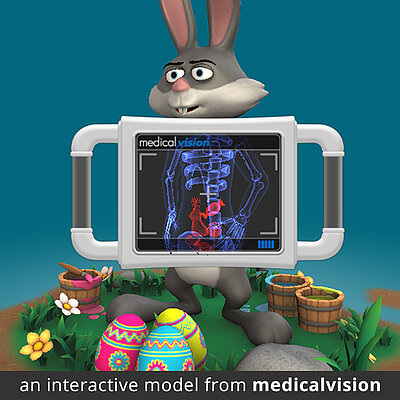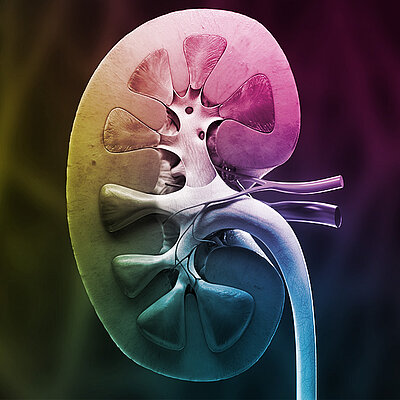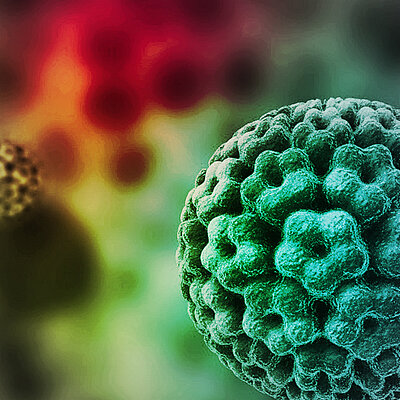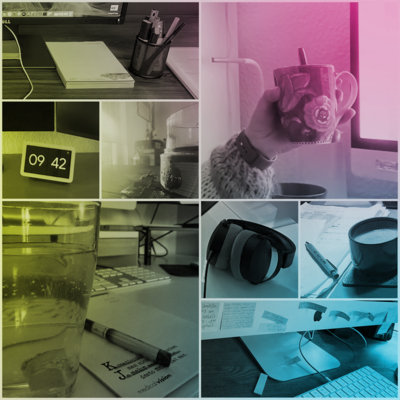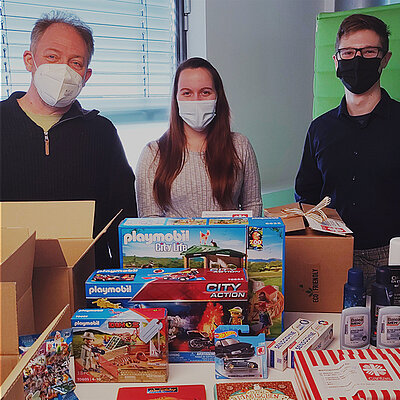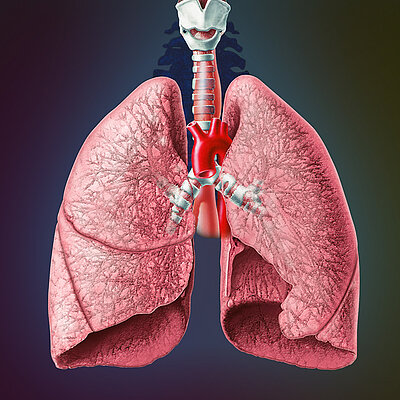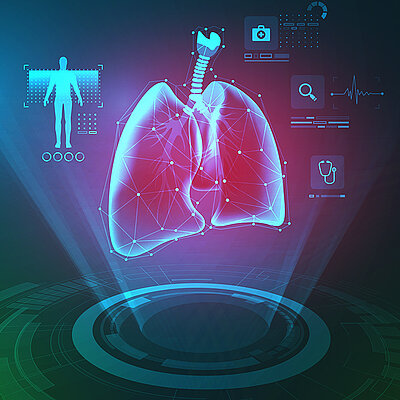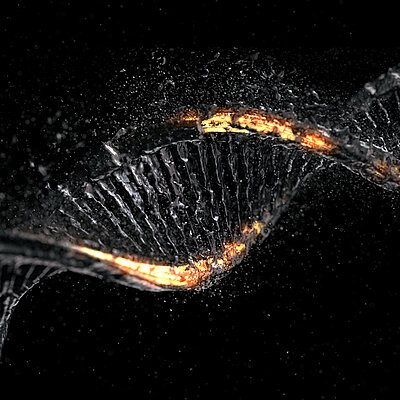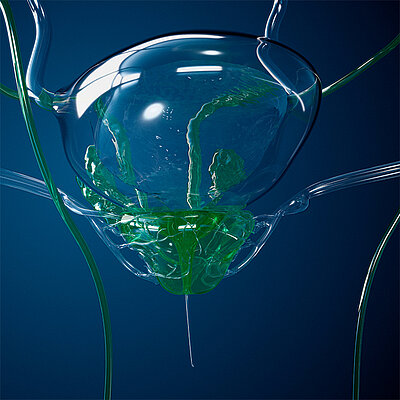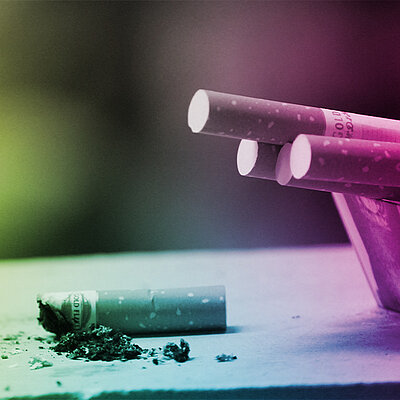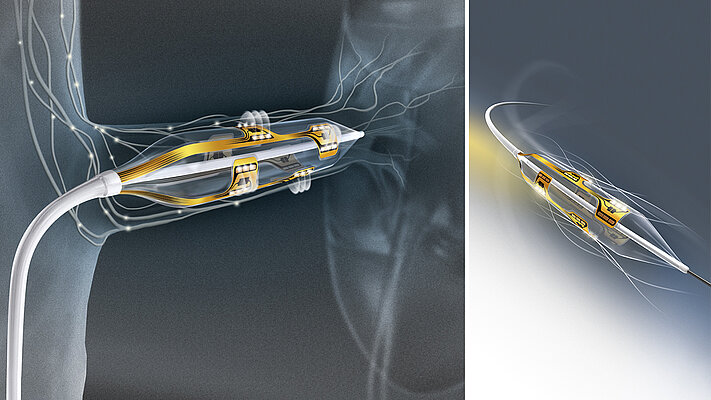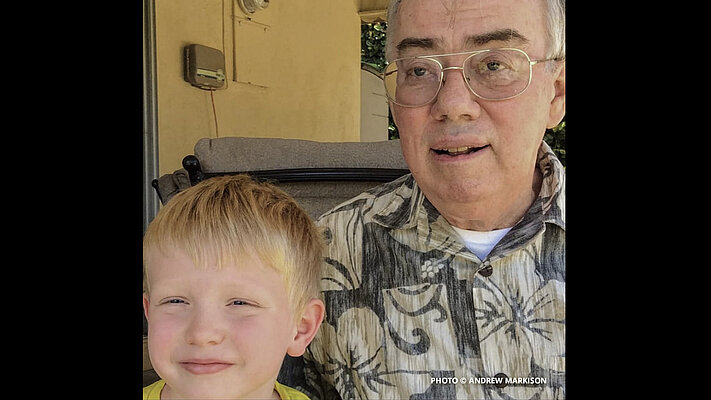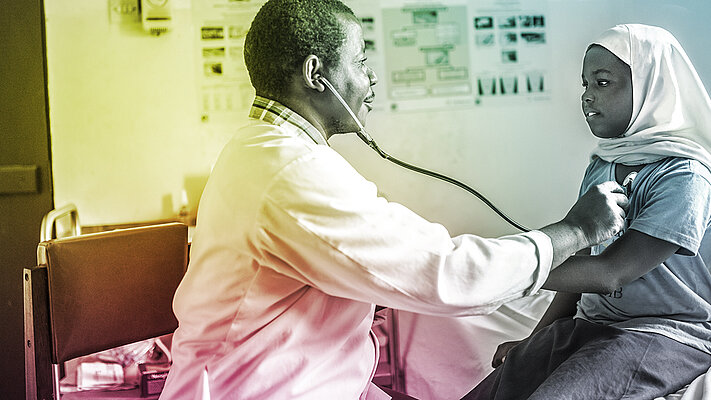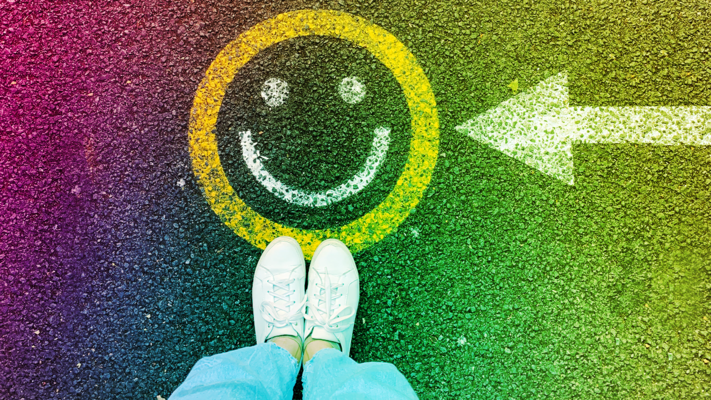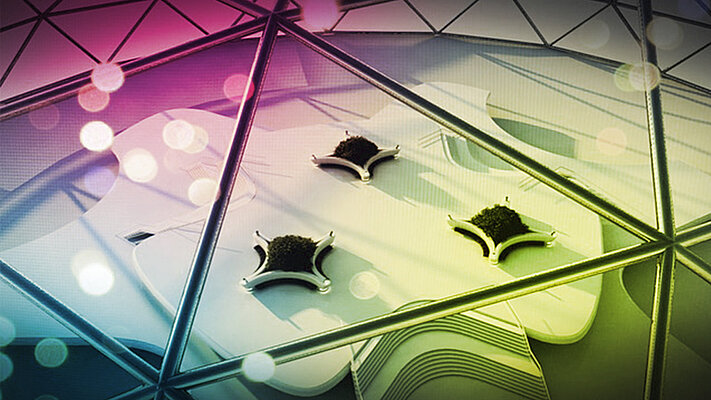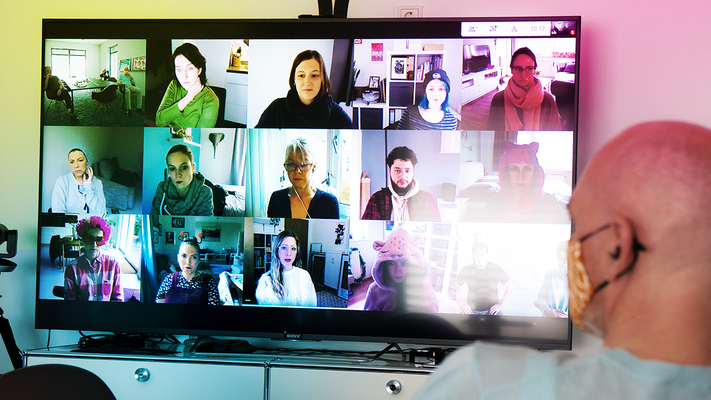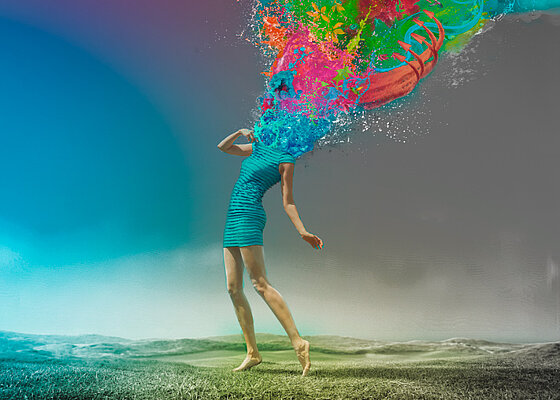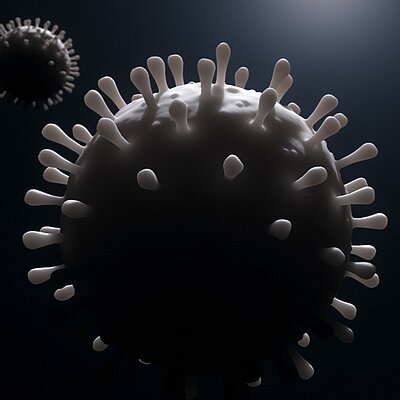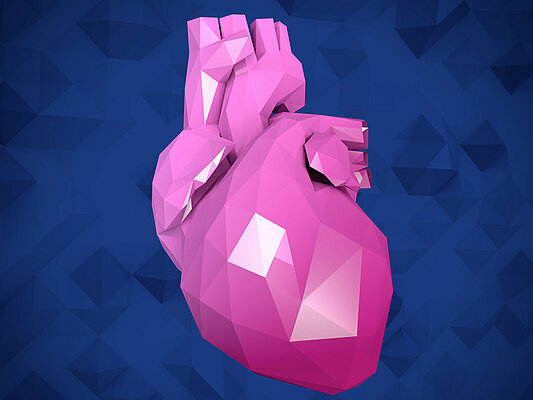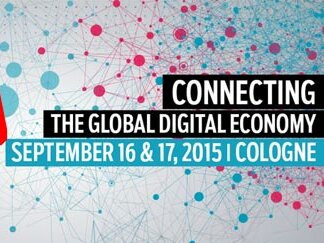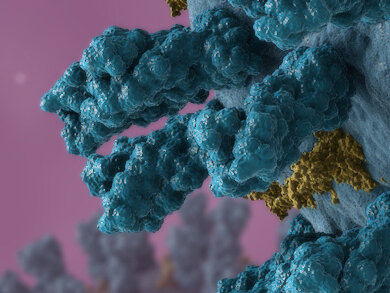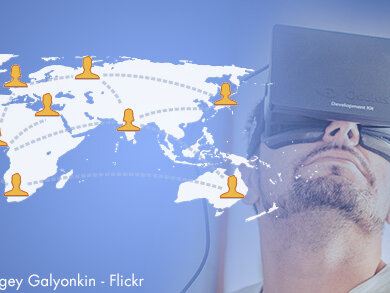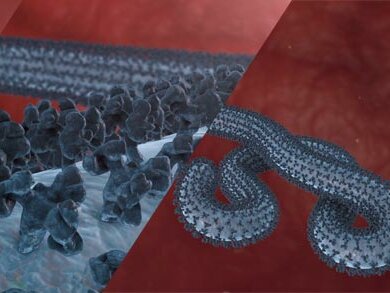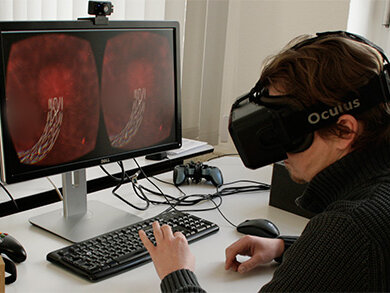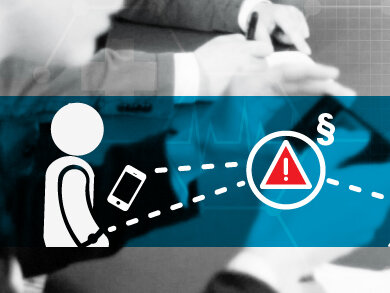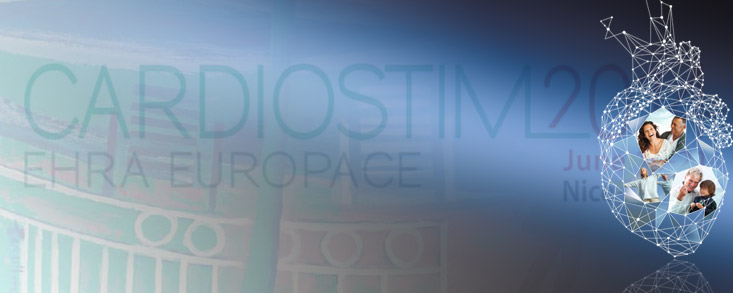Author: Marta Waniek (Estimated reading time: 5 minutes)
IS LIFE IN PLASTIC TRULY FANTASTIC?
Imagine a world where everything is made of plastic. Plastic bottles drift in the sea instead of fish. You look out the window and all you see are mountains... but mountains of rubbish and disposable packaging, in the trees (if any still grow) plastic bags hanging from the branches wave in the air. You take a deep breath and inhale micro plastics into your lungs which also makes its way into your digestive tract.
“Current evidence indicates that micro- and nanoplastics can be ingested by aquatic organism as well as by mammals.”1
Whether this vision appeals to us or not it is more real than many people think.
ARE WE THE “SMOGGIES” GENERATION?
Between 1988 and 1991, an animated environmental series called “The Smoggies” was broadcast.2
In the series, the Smoggies - through their environmentally unfriendly and reckless way of life destroyed a beautiful island and lead to environmental problems. Sound familiar?
So, the question is, are we the real-life version of Smoggies?
Mozart’s legacy is his music, Einstein’s is the theory of relativity, Marie Curie has her scientific discoveries in chemistry.
What will the average European leave the world?
A huge pile of …rubbish. Yes! Rubbish that can be found not only in landfills, forests and oceans, but also in space, on the moon and even on Mars!
“Over the last 20 years we’ve produced more plastic than in all of the last century.” 3
Every year, between 4.8 and 12.7 million tons of plastic 4 are dumped into our oceans. If we don't change our habits, by 2050 there will be more plastic waste in the seas and oceans than fish. An average European produce about 518 kg of rubbish a year and out of this 31 kg of plastic. This means that during a lifetime you will produce about 2.5 tons of plastic! 5 And 500 years after your death the plastic bottles, bags and trash with your DNA traces will still be decomposing on a rubbish dump.
That's a pretty big legacy and one that is difficult to be proud of. The question is can we still change it?
You probably think that such problems should be solved at the states and government level and with the involvement of large organizations and world institutions.
Of course, this is a global problem and requires taking international action, but you can also contribute to improving the situation.
Remember: Little strokes fell great oaks.
WORLD REFILL DAY - TAKE ACTION AND JOIN THE REVOLUTION
What is World Refill Day?
“World Refill Day is a global public awareness campaign to prevent plastic pollution and help people live with less waste.” 6
What can we do to join the revolution?
Start by changing your habits. Ask yourself:
- Do I really need all those plastic bags and packages?
- Do I need to buy mineral water in plastic bottles?
- Do I need to drink my morning coffee in a disposable cup or eat lunch wrapped in plastic wrap?
The answer to these questions is no. We are not doomed to be enslaved and destroyed by plastic. We can significantly reduce the amount of it in our daily lives.
Do you know what the 4Rs stand for?
It is the concept of waste minimization and management. Refuse, Reduce, Reuse, Recycle.
Implementing this concept into your life will help you reduce the amount of plastic waste you produce.
1. REFUSE
Refuse and reject single-use packaging. Don't buy plastic straws, cups or dishes. Don’t buy water in plastic bottles. One of the easiest changes you can make to reduce your plastic waste, is to carry a refillable bottle.
2. REDUCE
When buying groceries, choose products wrapped in paper rather than plastic. Alternatively, instead of plastic buy products made from biodegradable materials. Don’t buy synthetic clothing which contain microfibers that contribute to plastic pollution. Check for a zero-waste shop near you.
3. REUSE
Use products as long as possible. Instead of throwing away clothes and toys you no longer need, donate to a charity or someone who might be able to give them a second life.
Or maybe you can repurpose something new out of the “garbage” instead of throwing it away. There are many DIY projects on the internet which can help you turn waste into something usable or artistic. A plastic bottle can be used as a bird feeder and a milk carton can be turned into a flower pot for example.
4. RECYCLE
Recycling plastics should be an everyday habit for all of us. Buy products made from recycled materials and choose products which are easily recycled.
Plastic addiction is a worldwide problem. But we can start to change and make a difference with ourselves. Take action today and help reduce plastic waste worldwide.
medicalvision has also made changes to reduce the plastic waste produced by our employees. In 2019, the company purchased reusable bottles for all employees and discouraged the use of plastic bottles. These bottles can be refilled countless times by employees using the water filtration system installed in our kitchen complete with carbonated mineral water. This is our own refill station. This project will eliminate as many as 9900 plastic bottles per year from our agency.
Even if it's a drop in the ocean our seas and oceans need every little change for the better in order to avoid turning into oceans of plastic in which not only there will be more bottles than fish... but eventually be an ocean no longer capable of sustaining any kind of marine life.
On June 16th, get inspired to start reusing and refilling to help us reduce plastic pollution. Let plastic become a relic from our past. Because living in plastic is not fantastic at all. Don’t let the nightmare of a world filled with plastic garbage become your reality.
References:
1.The plastic brain: neurotoxicity of micro- and nanoplastics, Neurotoxicology Research Group, Division Toxicology, Institute for Risk Assessment Sciences (IRAS), Faculty of Veterinary Medicine, Utrecht University, NL-3508 TD Utrecht, The Netherlands, Remco H. S. Westerink
https://www.ncbi.nlm.nih.gov/pmc/articles/PMC7282048/
2. The Smoggies animated series https://en.wikipedia.org/wiki/The_Smoggies
3. Thompson, R.C. 2009. “Plastics, the environment and human health: current consensus and future trends”, Philosophical Transactions of the Royal Society B-Biological Sciences. Vol. 364, No. 1526, Pp. 2153-2166. (“the quantity of plastics produced in the first 10 years of the current century is likely to approach the quantity produced in the entire century that preceded.”)
4. Plastic Pollution in the World's Oceans: More than 5 Trillion Plastic Pieces Weighing over 250,000 Tons Afloat at Sea
https://www.ncbi.nlm.nih.gov/pmc/articles/PMC4262196/
Transport and release of chemicals from plastics to the environment and to wildlife Teuten E, Saquing J, Knappe D, Barlaz M, Jonsson S, et al. (2009)
6. www.refill.org.uk/world-refill-day/

